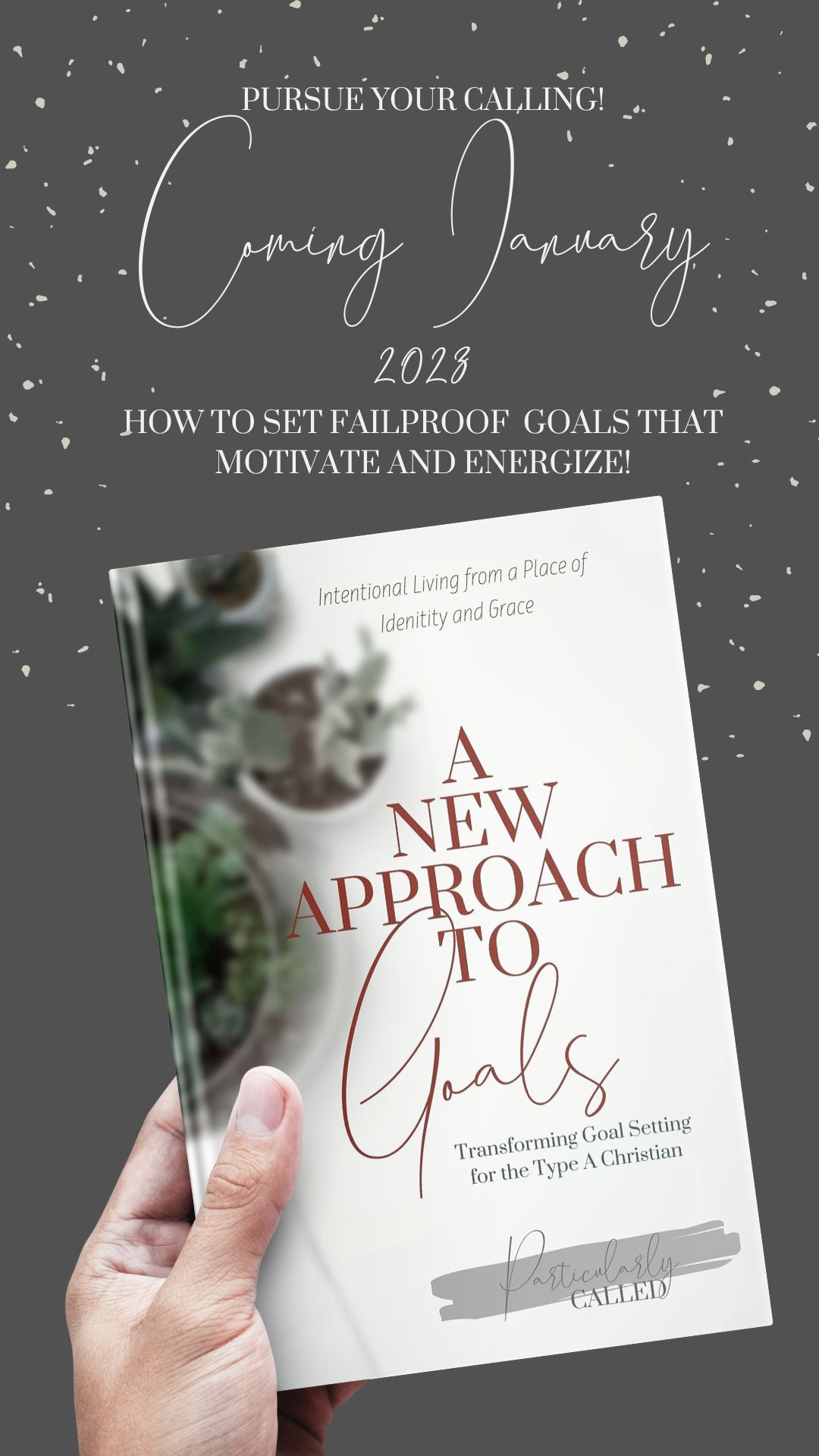DO you ever find yourself asking, Does God really love me? Is there a way to KNOW if it is true? It seems we can’t get away from the cheesy emoticon bumper-stickers that say “Smile, God loves you!” Does it ever feel like people are “just saying that”? Have you ever felt like saying, “It’s been such a crappy day/week/month/year/life that it sure doesn’t feel like it”?
If we are struggling with the question of lovability, hearing about God’s love for you can almost feel nauseating in its commonality.
How can you believe again? Let’s look at the reasons you may have started to doubt in the first place…
Does God really love me? – 2 Common Reasons we Doubt
1) Negativity – aka. The “Prodigal” Syndrome

Father, I have sinned against heaven and against you. I am no longer worthy to be called your son.’ (Luke 15:21)
Definition:
When we focus solely on our flaws, shortcomings or faults and genuinely feel unworthy of love. To fit into this category, we don’t have to be a dramatic sinner, we merely have to see ourselves in a negative light, even if the “flaws” we focus on are superficial (weight, hair color, etc).
How to recover from this:
1) “Blame” God
Yes! Literally! Throw yourself, and all your weakness, and all your “unlovability” in His face. Tell Him, “This is how YOU made me. Now what?!”
This solution is particularly effective if your struggle with lovability is more physical (ie, body type, hair, skin, etc). Remember, God made you the way He did. Even if you are “imperfect” in your own eyes, you were created perfect for your purpose.
“Before I formed you in your mother’s womb I knew you, and before you were born I consecrated you” – Jeremiah 1:5
Once you see it (your purpose), you will be able to appreciate yourself and the way you were made more in context and hindsight. Meanwhile, a sense of humor and trust in His ultimate plan is key.
[tweetshare tweet=”You were created perfect for your purpose! ” username=”CarolynMPereira”]
Read also:
- 2 Keys to Embracing Who you Are,
- Songs to Remind you of your Worth,
- You are IRREPLACEABLE – Finding your worth in Motherhood
- Naked Honesty – 4 Pillars of an Unshakable Relationship with God,
- Overcoming Perfectionism – How to Invite God into your Mess
[mailerlite_form form_id=1]
2) “Sentimental love”
We often get down on ourselves because we don’t see a “world changing” calling in our future. We don’t see the spectacular life we think we want ever coming to fruition. But, God doesn’t love us for our inherent worth, like the worth of gold or diamonds, but rather with a love that creates worth. He doesn’t want us because we are spectacular, or popular, or memorable in the way we think we would be more “worthy” of love. He loves you with sentimental value, like you love the mementos of the priceless moments, people, or events of your own life. This sentimental love makes what is loved, you, worth more than gold or diamonds or million dollar artwork. It makes you priceless! Irreplaceable!
3) Ask forgiveness
To err is human, to forgive is divine.
We can truthfully recognize our brokenness and the fact that we have made mistakes. It is good, healthy, necessary even, to recognize our imperfections.
Father, I have sinned against heaven and against you; I no longer deserve to be called your son. – Luke 15:22
But, it is not what we have done that makes us who we are. For all the Prodigal son’s sins, He was still a son! He just had to humble himself and come back, confident in his Father’s love and mercy.
Our mistakes are very real, but they can never change how much we are loved.
But God shows his love for us in that while we were still sinners, Christ died for us. – Romans 5:8
Remember, both Judas and Peter betrayed Christ, but only Judas met his end refusing to believe that God’s love, mercy and forgiveness were greater than His sin… while Peter was still entrusted with feeding the sheep (John 21:17) and the care of the church.
Read also: 10 Things Parenthood has Taught me about God
2) Ego – Aka. The “Faithful son” Syndrome
Definition:
We see our efforts to be love-worthy as essentially unappreciated. This happens when we have spent our whole life “trying to be good” but we feel that God only really appreciates the dramatically repentant sinners. It can lead to an attitude of “why bother”…
All these years I’ve been slaving for you and never disobeyed your orders. Yet you never gave me even a young goat so I could celebrate with my friends. – Luke 15:29
Reflection:
I’ve been thinking for years about the love of God for those of us who are making an effort to be good. Why is it always the prodigal son that the father throws a party for? the lost sheep that the Good Shepard abandons everything for? the lost coin that the widow has the celebration over finding?

Luke 15:4-6
Isn’t it unfair of the “Good shepherd” to leave 99 good sheep without protection in a land where bandits and wolves are a very real danger? At best he is an “overrated shepherd”, right? I mean, how could He let one sheep get away in the first place?
How to recover from this:
Let’s look at the parable of the Good Shepherd, from a mother’s perspective.
One day, as I listened to the parable being read, my first reaction was, “Oh, this story again!” (*eyeroll*),
But then, something dawned on me!
The lost sheep wasn’t necessarily lost for long!
The lost sheep had probably just wandered to the other side of a bush or a rock where he probably just thought the grass would be yummier. The shepherd would have had to be counting constantly to even realize that ONE sheep was missing from so many in the first place. Once he realizes, he simply, but frantically, begins to search the other side of all the bluffs, rocks and bushes nearby. He isn’t actually abandoning the other sheep, rather, just looking for the one who was lost… probably not even really leaving earshot of the sheep he left in the pasture. In fact, he could probably even see the sheep he left most of the time because he was taller than the rocks and bushes and bluffs he was searching behind. The key is that he was worried enough about the dangers outside of the safety of the herd that he rushes to search, heart racing, blood pounding in his ears. When he finds the poor, curious, little guy his relief is so great that it is uncontainable. This is why He carries the sheep on his shoulders rejoicing.
The terror and joy that the shepherd feels would be akin to the terror and subsequent joy I feel when my 3-year-old wanders to the other side of the clothes rack in the mall. Because I cannot see her I begin to practically hyperventilate, imagining every possible horror story come true in my life in an instant, calling out her name and searching frantically. When I find her, even if it has only been a few moments that she was lost, the event is burned into my memory forever. I cannot contain my relief and for a week I tell everyone how happy I am to have all my children after my recent “kidnapping scare”.
When these type of scenarios happen, does it mean that somehow I am a bad mother or even that the child is bad?
No!
Any of the sheep could have wandered away in search of greener grass to munch on without even realizing that they were leaving the herd. You or I may not have some kind of incredible conversion story like like my ex-atheist husband, or others who typically classify themselves as “lost sheep”, but those people weren’t ones who wandered away from the herd, rather, they were acquired into the herd later in life.
Us “good people”, the ones who are TRYING, WE are the lost sheep! We are the ones that the Shepherd worries about. Even if we aren’t incredible sinners, we are the ones who wander when we are not paying attention.
The Good Shepherd is the story of the sheep who are GOOD, not necessarily the same as the prodigal son, and God does worry about us. He counts us constantly to make sure we are still there and comes running after us the moment he realizes he can’t see us anymore.
He loves you even if your story isn’t that “impressive”. Maybe you were “born in the herd”. Maybe you’ve never known anything else, never run away, never been really horrible and yet you’re the one that the Shepherd is worrying about. He loves you more than He can express and knows that if anything ever happened to you no amount of money or other compensation could ever replace you.
My son,’ the father said, ‘you are always with me, and everything I have is yours. – Luke 15:31
Share below! What category do YOU most often fall into?? Why do YOU doubt God’s love? Are there other reasons you doubt?
Read also:
- 2 Keys to Being Yourself
- Building a Healthy Relationship with Yourself – Songs to Remind you of your Worth
[mailerlite_form form_id=1]






